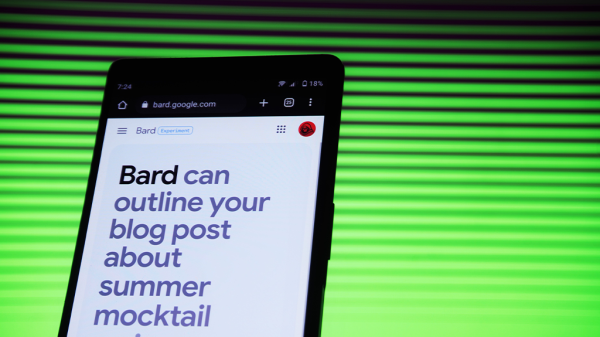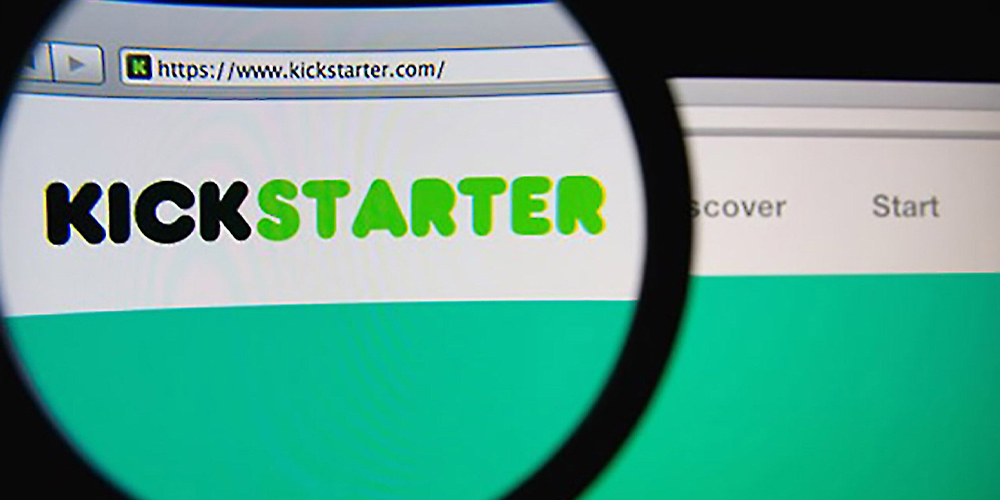When it comes to your personal life, you don’t want to be on the receiving end of a crowdfunding campaign because if you’re turning to GoFundMe or YouCaring, it means your house has burned down, you have cancer or your dog has died.
We regularly see these campaigns pop up in our social feeds and for the most part, we believe them because they’re our friends, they’re in need and we trust them so, of course, we pitch in.
However, some people use crowdfunding to fleece you. By now, you’ve probably heard of the couple from New Jersey who teamed up with a homeless man to raise over $400,000. The campaign was a scam, the cash was split and now these crooks are facing some serious consequences in court. Ugh.
We shouldn’t need to write this article, but some people suck and they’re out there duping us. Here’s how to spot them.
This should be obvious, but do not give money to people you do not know or do not at least tangentially know. It never hurts to scroll through the donor list to see if you recognize any of your friends or acquaintances there. If you do and have questions, reach out to them before you reach deep into your wallet.
What about victims of natural disasters? Offer your money to emergency funds run by non-profit organizations. Anyone can create a crowdfunding campaign, but in times of crisis many platforms create verified campaigns.
If the objective of the campaign is unclear, do not donate. We’ve all come across campaigns that are strangely worded or lack enough specifics to piece together a plausible story. If it feels like a Nigerian Prince is the campaign administrator, close the tab.
If a campaign’s photo looks fishy, do a reverse image search on Google to help validate that fishy feeling. If the search yields a lot of results for the photo, scammers have stolen it and are using it to tug at your heartstrings.
Most campaigns run for a very short amount of time, typically a couple of weeks and rarely more than a month. While there is generally a final social push to get to an unmet goal, there are rarely open-ended campaigns. Again, if the goal is unclear or out-of-reach, move on.
We’ve all seen campaigns that are truly gut-wrenching – deaths of loved ones, fights with cancer, entire villages wiped out. As with the case of the three jerks from New Jersey, if it feels too good to be true, it probably is. While some sites may be able to reimburse your donation, others won’t and nothing feels worse than falling for a scam AND losing your money.
And so, dear friends, this is why we at The American Genius almost never, ever write about crowdfunded projects. We care about you and we want you to use your money to help your real friends, fund YOUR next project or pay off your student loans.
AprilJo Murphy is a Staff Writer at The American Genius and holds a PhD in English and Creative Writing from the University of North Texas. She is a writer, editor, and sometimes teacher based in Austin, TX who enjoys getting outdoors with her handsome dog, Roan.











































Pingback: Instagram now lets you create and share fundraisers